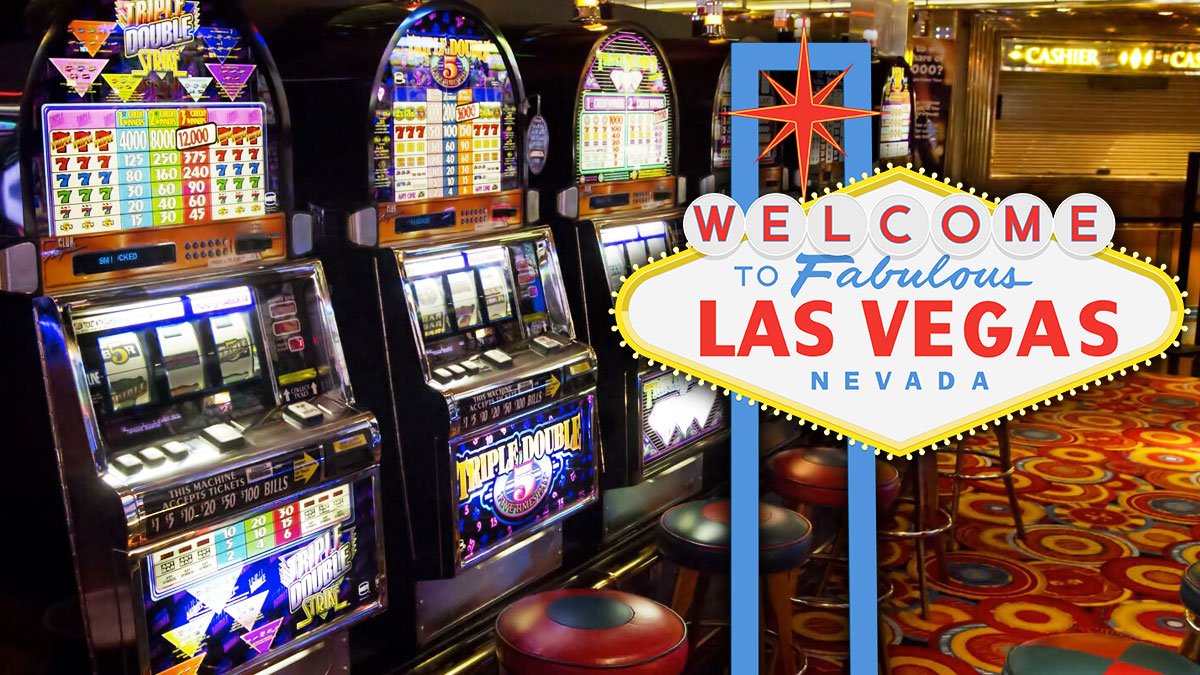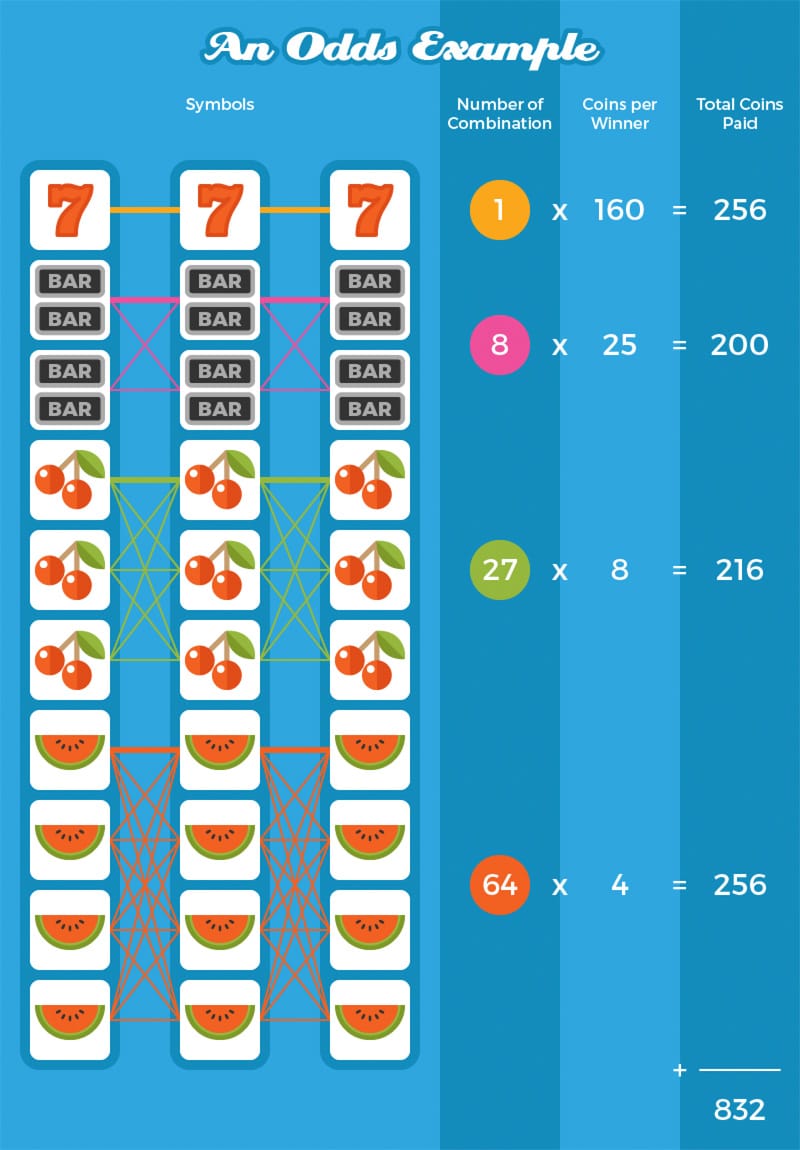Slot Machine Odds By State
This brings us to one of the most important aspects of Illinois slot machines and casinos: the payout is always less than the odds of winning. Typical Payouts and Payout Percentages. A standard online casino will have slot machine payout rates in the region of 95% – 98%. Your bankroll may not be able to support playing a five-credit machine for several hours a day, but with a 98.4% payout, it offers significantly better odds than a.25 credit slot. To take it a step further, although you would have to be a high roller, the one hundred credit slots usually offer a near-100% return rate.
FRANKFORT, Ky. (CN) — An educational nonprofit organization argued before the Kentucky Supreme Court on Friday that historical horse racing slot machines are illegal under state law because they do not qualify as pari-mutuel betting.
Kentucky law allows for gambling only on horse racing, and the state has no casinos, but the Kentucky Horse Racing Commission authorized tracks to install historic race gaming machines in 2010 after determining they constitute pari-mutuel betting — a system in which all bets are placed in a collective pool before winners are paid.
The machines were challenged by the Family Trust Foundation of Kentucky in 2014, and after the state Supreme Court remanded the case for a four-day bench trial in Franklin County Circuit Court in 2018, the machines were ruled to be in compliance with state law.
Historical racing slot machines base a player’s odds of winning on three randomly selected historic races, which are usually shown on a screen at the top of the machine.
Bets from multiple players are thrown together in a payout pool from which all the players’ winnings are paid.
This pool system is what makes the machines legal under Kentucky law, but the Family Trust Foundation has consistently argued that the lack of “reciprocal wagering” invalidates the circuit court’s ruling.
Based on expert testimony provided at the bench trial, the foundation claims that because no two players are ever wagering on the same three historical races, bets are essentially independent and have no reciprocal effect on any others, which means the machines fall outside the definition of pari-mutuel gaming.
The Kentucky Horse Racing Commission also rested its case on evidence produced during the bench trial, and said in its brief with the court that “facts matter.”
“After years of extensive discovery and following a four-day bench trial, the Franklin Circuit Court found that because each element of the definition was factually satisfied, ‘the Exacta System is a ‘parimutuel system of wagering’ … authorized under the provisions of KRS Chapter 230,’” the commission said.
Attorney Stan Cave argued on behalf of the Family Trust Foundation and asked the court to “bring certainty” to the issue of historic horse racing machines after a circuitous decade-long legal journey.

“What has happened here,” Cave said, “is just plain wrong on every level.”
The attorney bemoaned the fact that the machines have been added to horse racing tracks across the state with “no legislative action … no voter approval and no executive order.”
Justice Laurance VanMeter asked Cave about the circuit court’s decision to allow wagering on separate events, such as the random races chosen by the historic gaming machines.
“I’m not sure where he came up with that,” the attorney said.
“It’s just a fiction to say it’s betting on a race,” he added. “It’s like saying everyone who takes a shower is showering together because the water runs into the same sewer.”
Deputy Chief Justice Lisabeth Hughes asked Cave if his client challenges the findings of fact made by the circuit court after the bench trial.
The attorney said he only disputed the finding of facts insofar as the judge misapplied the relevant law to the findings at trial.
“The wagering is pari-serial,” Cave said. “A player follows a player follows a player. But it is not pari-mutuel.”

Justice Michelle Keller asked Cave whether the legislature’s 10-year silence on the issue has any bearing on the legality of the machines.
Casino Slot Machine Odds By State
“If the general assembly wants to legalize gaming, such as slot-type gaming, then the assembly should act to authorize it,” the attorney answered.
Attorney Jay Ingle argued on behalf of Kentucky Downs LLC and several other racetracks that use the Exacta Gaming system and told the court that the legislature’s lack of action “speaks volumes.”
“If the legislature thought this was bad policy … it would have said so,” the attorney said.
Slot Machine Odds By State


Ingle claimed his opposition’s arguments were an attempt to relitigate the circuit court’s decision and told the court it has “heard all these same arguments before.”
The attorney seized on the fact that his opposing counsel did not dispute the findings of fact made after the bench trial and told the court that every expert witness – including the foundation’s – agreed that having multiple bettors placing bets on different events in the same pool is legal under Kentucky law.
Attorney Jennifer Wolsing, arguing on behalf of the Kentucky Horse Racing Commission, told the court that any alteration of the definition of pari-mutuel wagering would fundamentally alter the way bets are taken in live racing as well as the machines.
Wolsing said eliminating carryover pools like the ones used by the machines would also eliminate “exotic” betting that has risen in popularity and often involves pools with no winners that are carried over to the following day of races.

In his rebuttal, Cave disputed the notion that his client wants to alter or add words to the definition of the rule.
Slot Machine Odds By State
“Nothing could be further from the truth,” he told the court.
The justices peppered all of the attorneys with questions throughout their arguments and recognized the decision would not be an easy one.
“This is a difficult puzzle,” Keller admitted during Cave’s rebuttal.
No timetable has been set for the court’s decision.